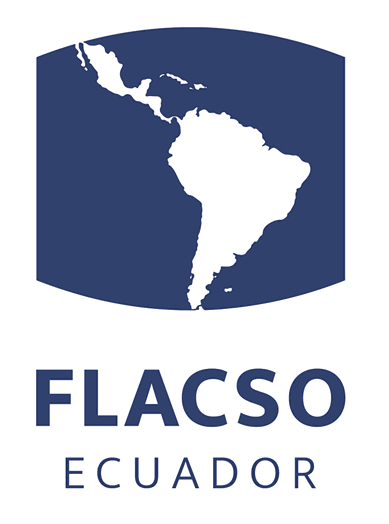Please use this identifier to cite or link to this item:
http://hdl.handle.net/10469/6299| Type: | Artículo |
| Title: | Los cuidados en la agenda de investigación y en las políticas públicas en Uruguay |
| Other Titles: | Caregiving in the Research Agenda and in Public Policies in Uruguay |
| Authors: | Aguirre, Rosario Batthyány, Karina Genta, Natalia Perrotta, Valentina |
| Issue: | Sep-2014 |
| Publisher: | Quito : FLACSO Sede Ecuador |
| ISSN: | 1390-1249 |
| Citation: | Aguirre, R.; Batthyány, K.; Genta, N. & Perrotta, V. (2014). Los cuidados en la agenda de investigación y en las políticas públicas en Uruguay (Dossier) = Caregiving in the Research Agenda and in Public Policies in Uruguay. En: Íconos. Revista de Ciencias Sociales. Nuevas aproximaciones a la organización social del cuidado : debates latinoamericanos, 18/3(50): 43-60. |
| Keywords: | GÉNERO SOCIOLOGÍA POLÍTICA PÚBLICA CIUDADANÍA TRABAJO NO REMUNERADO SECTOR INFORMAL URUGUAY |
| Format: | p. 43-60 |
| Description: | Este artículo tiene por objetivo evidenciar el círculo virtuoso entre la producción sociológica de conocimientos, su incorporación en la agenda pública y la formulación de políticas que buscan transformar las relaciones de género. Aborda la trayectoria de la producción de conocimientos sociológicos sobre género y cuidados en Uruguay y su vínculo con las políticas públicas. Se sostiene que en Uruguay, los trabajos de investigación elaborados desde la academia han logrado promover la visibilidad del trabajo de cuidado y su valoración por la contribución que brinda al bienestar social y al sistema económico. En 2010, el gobierno uruguayo retomó estos trabajos y dio inicio al diseño de un Sistema Nacional de Cuidados. The article examines the links between the social organization of caregiving and factors in health and education for infants and adolescents that are required, especially of mothers who benefit from policies for income transfers. With this objective, we focus on the Universal Assignation for Social Protection by Child (AUH, for its abbreviation in Spanish) in Argentina, which has received little study within a gender focus and, even less so, from a view of caregiving and the differentiated responsibilities in a couple. Taking into account interviews of state actors and receiving mothers, as well as an analysis of norms, institutional documents, and other studies about this policy, the analysis concentrates on the impact of AUH on women and the dynamics of caregiving. Among the principal findings of the study, tensions are identified among academic critics of appointments and of conditions and the form in which the receiving women live and evaluate the design. |
| URI: | http://hdl.handle.net/10469/6299 |
| Appears in Collections: | Revista Íconos No. 50, sep. 2014 |
Files in This Item:
| File | Description | Size | Format | |
|---|---|---|---|---|
| RFLACSO-03-Ic50-Aguirre.pdf | Artículo de revista | 197,38 kB | Adobe PDF |  View/Open |
Items in DSpace are protected by copyright, with all rights reserved, unless otherwise indicated.


